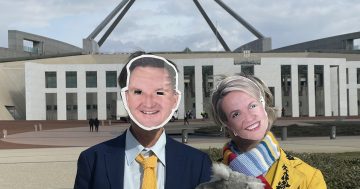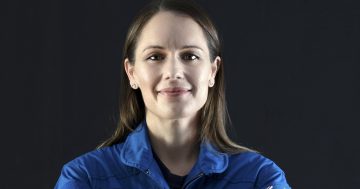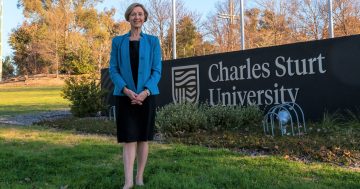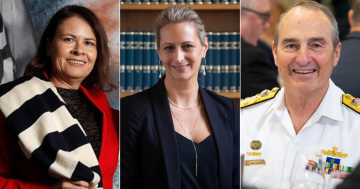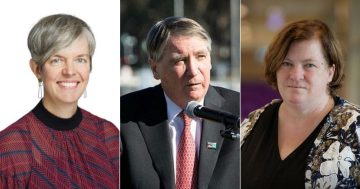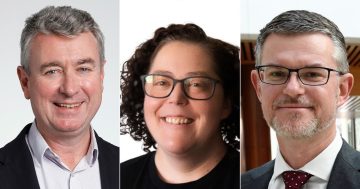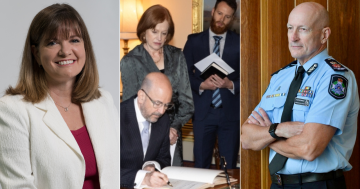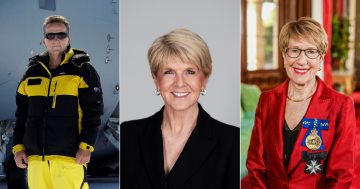
- This week 10 years ago, the 2013 Defence Science and Technology Organisation Eureka Prize for Outstanding Science in Safeguarding Australia was awarded to a team of scientists and engineers who developed innovative vehicle armour manufacturing techniques and materials. Chief Defence Scientist, Dr Alex Zelinsky said the prize recognised outstanding science in support of Defence or national security, and the team’s work would help protect Defence personnel against blast and ballistic threats.“Thanks to the work of this team, Australia will retain an in-country capability to design and manufacture high-performance protected-mobility vehicles,” Dr Zelinsky said.
- A study by the NSW Bureau of Crime Statistics and Research found that Community Service Orders (CSOs) requiring offenders to perform community work were more effective in reducing reoffending than putting them on a good behaviour bond. Director of the Bureau, Dr Don Weatherburn said despite this, just 3.4 per cent of offenders received a CSO, whereas more than 20 per cent were placed on a bond. He said both sanctions were alternatives to prison and offenders given CSOs must perform unpaid work for the community.Dr Weatherburn said the findings highlighted the need to arrest the decline in use of CSOs.
- In Victoria, a new high-tech recycled water plant at Black Rock was expected to save the greater Geelong region almost 3 billion litres of drinking water per year. Minister for Water, Peter Walsh said the State Government supported the greater use of rainwater, stormwater and wastewater for non-drinking purposes. Chairman of Barwon Water, Dr Michael King said the plant would provide environmental, social and economic benefits throughout the region and boost Black Rock’s value as an environmental precinct.“The plant will create new opportunities for water reuse and help Barwon Water achieve several recycled water targets in its overall drive toward sustainability,” Dr King said.
- In Queensland, experienced crocodile handlers were being recruited to help remove the animals from the Cairns region where they posed a threat to local populations. Minister for Environment and Heritage Protection, Andrew Powell said croc experts were being asked to submit expressions of interest for the removal of crocodiles from waterways from the northern bank of Trinity Inlet to Ellis Beach. He said all crocodiles, regardless of size, would be targeted.“While this is crocodile habitat, it is also an area where 160,000 people live and tourists come to visit,’’ Mr Powell said. “Crocodiles cannot co-exist with people in this highly populated area and they have to go.”
- South Australia’s Independent Commissioner Against Corruption (ICAC) began operations with the aim of strengthening the community’s confidence in public institutions. Premier, Jay Weatherill said the Office for Public Integrity — which would act as the front door to the ICAC — had also begun operations; it would receive all complaints regarding corruption in the first instance and refer matters to the ICAC where necessary.“I firmly believe we will have the best model in Australia for investigating corruption and, if and when corruption is identified, it will be referred to the courts for criminal prosecution in full public view,” Mr Weatherill said.
- And a decade ago, Surf Life Saving WA launched the Beachsafe smartphone app to provide updates on sharks and other beach hazards. Premier, Colin Barnett said the app, developed with a $50,000 government grant, was powered by a beach information database developed over more than 20 years that would allow beachgoers to check not just if there had been shark sightings in an area, but also factors such as the swell, the wind, rips and whether a beach was patrolled or not.“As part of improving beach safety, it is really important beachgoers have the opportunity to find out for themselves if a beach is safe for them and their families,” Mr Barnett said.


